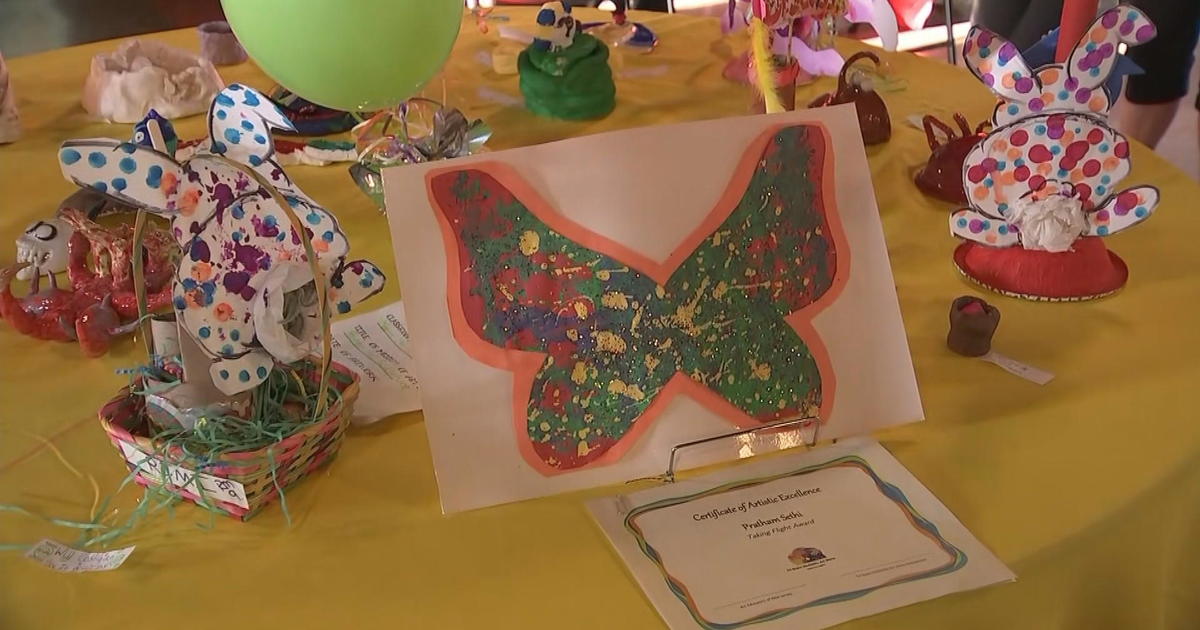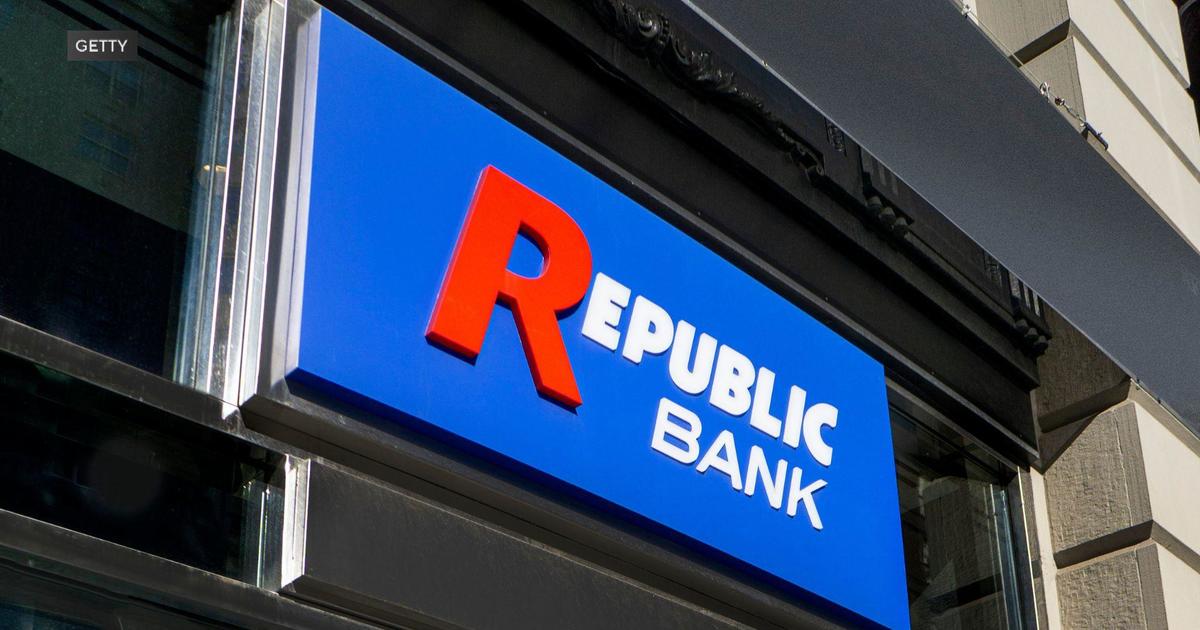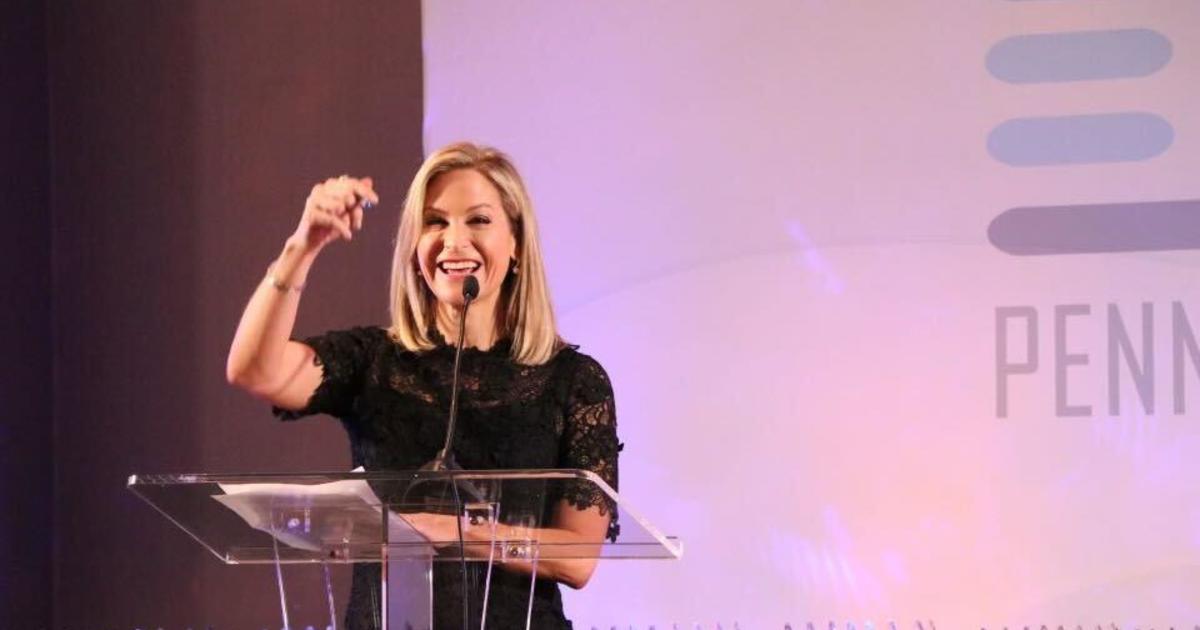CBSPhilly Travel Guide
If you plan to travel by plane, train or automobile, CBSPhilly.com can help get you there.
The below list was created to help ease your travel woes.
Rail and Bus:
Amtrak
SEPTA
-- RealTime Train Delays
-- Elevator Outages
PATCO
NJ Transit
Greyhound
Road Conditions & Info:
Traffic Information
Pa. Road Conditions
AAA
New Jersey DOT
Delaware DOT
Pennsylvania DOT
Delaware DART
CBS News Interactive: Travel
Track Your Flight:
Flight Tracker
CBS News Interactive: U.S. Airport Tracker
Airport Information:
Atlantic City International Airport
John F. Kennedy Airport (JFK)
Lehigh Valley International Airport
LaGuardia Airport (LGA)
Newark Liberty International Airport
Philadelphia International Airport
Air Travel Tips From TSA Web Site:
Make Your Trip Better Using 3-1-1:
3-1-1 for carry-ons = 3 ounce bottle or less (by volume); 1 quart-sized, clear, plastic, zip-top bag; 1 bag per passenger placed in screening bin. One-quart bag per person limits the total liquid volume each traveler can bring. 3 oz. container size is a security measure. Consolidate bottles into one bag and X-ray separately to speed screening.
Be prepared: Each time TSA searches a carry-on it slows down the line. Practicing 3-1-1 will ensure a faster and easier checkpoint experience.
3-1-1 is for short trips: If in doubt, put your liquids in checked luggage.
Declare larger liquids: Medications, baby formula and food, breast milk, and juice are allowed in reasonable quantities exceeding three ounces and are not required to be in the zip-top bag. Declare these items for inspection at the checkpoint.
Come early and be patient: Heavy travel volumes and the enhanced security process may mean longer lines at security checkpoints.
TSA working with our partners: TSA works with airlines and airports to anticipate peak traffic and be ready for the traveling public.
Holiday Travel Tips From Philadelphia International Airport
- Check the status of your flight by contacting your airline directly, or call the Airport at 800-PHL-GATE, or visit the Airport's website (www.phl.org) and click on "Flight Information." Please have your flight number handy.
- If you are 18 or older, make sure you have a valid, government-issued photo ID (driver's license, passport, military ID, or government employee ID).
- Extra time will be needed for checking-in and security screening, so get to the Airport at least 2 hours prior to a domestic departure and 3 hours prior to an international departure.
- Liquids, gels and aerosols in 3-ounce or smaller containers may be carried onto the aircraft in a re-sealable, one-quart, clear plastic bag. Only one such bag per passenger is permitted and it must be removed from your bag for inspection at the checkpoint. Liquids, gels and aerosols in containers larger than 3 ounces must be placed in your checked baggage. Exceptions are made for prescription and over-the-counter medicines, baby formula, and breast milk. NOTE: Free, one-quart, re-sealable plastic bags are available at Information Counters throughout the airport.
- For additional information on permitted and prohibited items, consult the Transportation Security Administration (TSA) website www.tsa.gov, e-mail the TSA at TSA-ContactCenter@dhs.gov or call the TSA Consumer Response Center toll-free at 1-866-289-9673. Check the TSA website for the most up to date information.
- Airline ticket counter personnel handle wheelchair service requests (only US Airways provides electric cart and wheelchair service) . If you require these services, advise your airline when making your reservation and confirm the request prior to the day of departure.
- Carry-on baggage is limited to one piece of luggage and one personal item such as a purse or briefcase. The personal item must fit under your seat and the luggage must fit into the overhead bin on the aircraft or it will not be permitted on board. Check with your airline for specific carry-on baggage allowances.
- Passengers must obtain boarding passes before entering the security checkpoint. At the checkpoint, have boarding passes and photo ID ready for inspection by TSA personnel and keep these documents handy until you exit the checkpoint.
- Most airlines assess a fee for checked bags. Check with your airline for specific policies and fees for checked bags.
- Some airlines have reduced their curbside check-in services. Check with your airline to find out if it offers curbside check-in. If curbside check-in is not available, allow extra time for checking in at the ticket counter.
- If you are not checking any bags, you may not have to wait in line at the ticket counter to obtain a boarding pass. Most airlines now allow passengers to check in and print boarding passes from their websites, and most airlines have check-in kiosks at the Airport. Check with your airline prior to arriving at the Airport.
- At checkpoints, passengers can choose screening lanes based upon their travel experience and needs in order to facilitate the screening process: Expert (frequent travelers who are very familiar with security screening procedures), Casual (sometime travelers who are somewhat accustomed to the security screening process), and Family/Special Assistance (families traveling with small children, passengers requiring special assistance, unfamiliar with the security screening process, or traveling with more than 3 ounces of medically necessary liquids). The TSA's expedited screening program is available to travelers at Terminal C security checkpoint. Visit the TSA website www.tsa.gov for more information on the pre-check program and how to sign up.
- Drinks may not be taken through the checkpoint. Consider picking up a carry-on meal and beverage for your flight once you have passed through the checkpoint. Most airlines now charge for in-flight meals; some offer no food at all.
- To expedite your passage through the checkpoint, place personal items like cell phones, pagers, Personal Digital Assistants (PDAs), keys, loose change and jewelry into your carry-on bag or use one of the free re-sealable bags available at the Information Counters. At the checkpoint, the TSA provides bins to place these personal items along with shoes, outerwear and belts, which must pass through the X-ray machine.
- Remove laptops and video cameras with cassettes from their cases and place them in a bin to be X-rayed. Video games with consoles must also be removed from bags and placed in a separate bin for screening.
- Equipment used to screen checked baggage will damage undeveloped film. Pack undeveloped film in your carry-on bag. Remove undeveloped high-speed and specialty film from canisters and place in a clear plastic bag. Screening equipment will not affect digital cameras or electronic image storage cards.
- All checked baggage is subject to hand inspection. The TSA recommends using locks that screeners can open and re-lock. Some recommended locks are listed on its website.
- Do not wrap gifts. They may have to be opened for inspection. This applies to both checked and carry-on items.
Airlines:
American Airlines
Continental Airlines
Delta Air Lines
Southwest Airlines
United Airlines
Weather:



